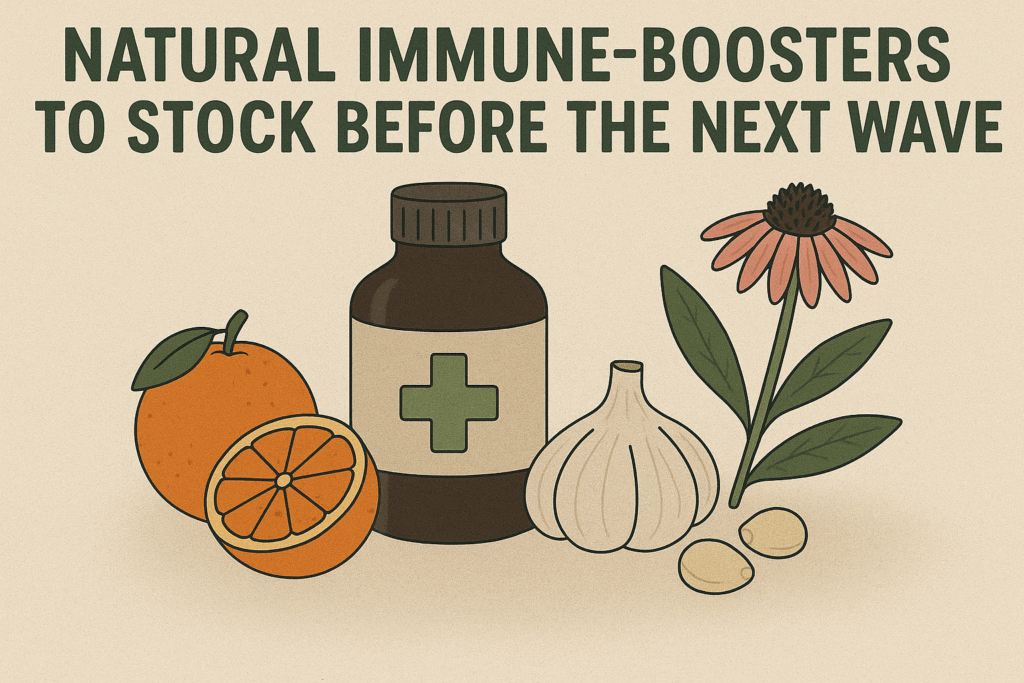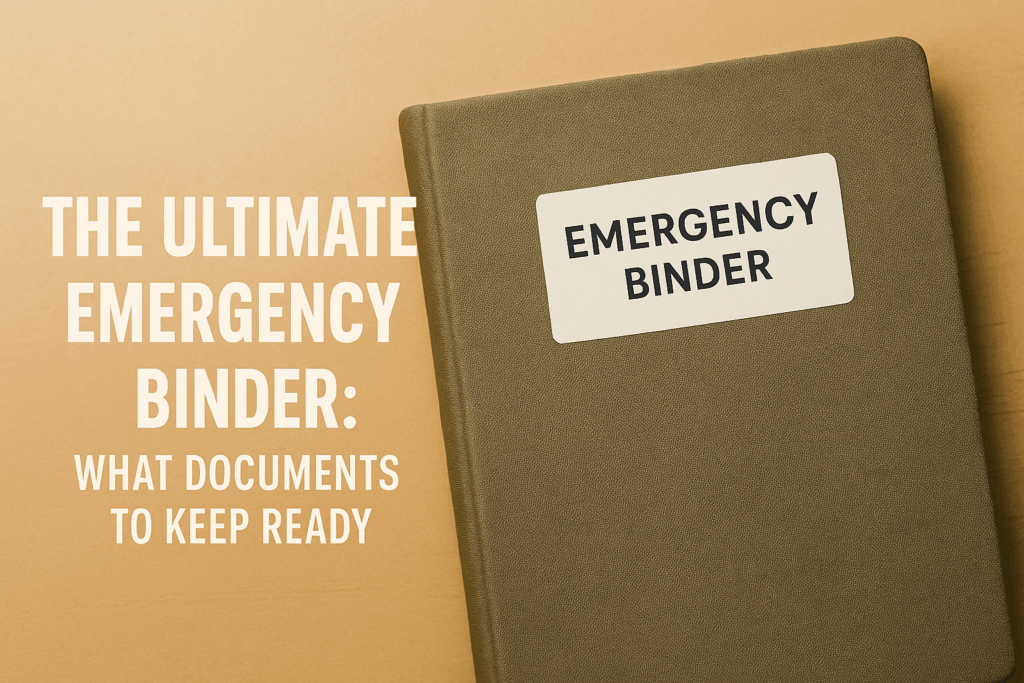Let’s be honest—when the headlines are full of explosions, invasions, and what-if scenarios, staying calm isn’t easy. Our phones buzz with updates, our TVs blare commentary, and social media feeds make it feel like the world is ending by the hour. And yet, in the middle of it all, we need to know what’s going on—especially if we live near conflict zones or have loved ones who do. The problem? Too much information is just as dangerous as too little. That’s where practical wartime communication tips come in: to help you stay informed without spiraling into panic.
1. Set Boundaries—Your Brain Needs Them
It starts with good intentions: “I’ll just check the news real quick.” Before you know it, you’re two hours deep into a rabbit hole of doomscrolling. Sound familiar? You’re not alone. The truth is, our minds can only handle so much. A good wartime communication tip? Decide when and how you’ll consume news. Maybe once in the morning, once in the evening—and not right before bed. You’ll still know what’s happening, but you’ll give your nervous system a break, too. UNICEF agrees—limiting media exposure is key to staying sane during crises.
2. Choose Your Sources Like You Choose Friends
In wartime, misinformation spreads like wildfire. Don’t rely on random WhatsApp forwards or sketchy TikTok updates. Stick to a shortlist of reliable news sources—preferably official government bulletins, recognized global outlets like Reuters or BBC, and fact-checked sites. And remember: one of the best wartime communication tips is to cross-check stories before believing them. Trust is earned, especially when panic is profitable.
3. Steer Clear of Graphic Overload
We’re not wired to see horror on repeat. And yet, war coverage often bombards us with disturbing images and videos. Protect your peace. Use content filters where possible. Mute certain hashtags or keywords. And if something slips through that rattles you, take a deep breath and step away. Research from WFYI shows that even passive exposure to distressing news can trigger trauma-like symptoms. Your mental health matters just as much as your awareness.
4. Talk It Out—But Don’t Drown in It
Talking helps. Truly. A conversation with a friend or loved one about how you’re feeling can do wonders. But here’s the catch: make sure it’s a two-way street, not a fear-feeding frenzy. Share what you know, listen, and be kind to one another. If the chat starts spiraling into “the world is doomed” territory, gently steer it toward something grounding. This is one of the less technical but most powerful wartime communication tips—emotional regulation starts with meaningful connection.
5. Don’t Skip Self-Care (It’s Not Selfish)
When war is raging somewhere in the world, it can feel wrong to relax or smile. But the truth is, you can’t pour from an empty cup. Read a novel. Watch something funny. Do yoga. Cook something nourishing. Practicing self-care isn’t denial—it’s survival. The Mental Health Foundation stresses that simple activities like walking in nature or journaling can help reset our nervous systems and keep us grounded when everything else feels unstable.
6. Tap Into Your Local Network
When you’re feeling lost in the noise, your local community can be a lifeline. Whether it’s a neighborhood group, online support circle, or a local preparedness meet-up, having people to lean on makes a world of difference. You’ll not only share news updates but also gain a sense of solidarity that cuts through the fear. One of the best wartime communication tips isn’t even digital—it’s face-to-face, heart-to-heart, person-to-person.
To Summarize: Stay Aware, Stay Human
Here’s the thing—we can’t control global events. But we can control how we interact with the information coming at us. By filtering what we consume, setting limits, and caring for ourselves and each other, we can stay aware without getting overwhelmed. These wartime communication tips aren’t just strategies—they’re lifelines. In a world on fire, let’s protect not just our bodies, but our minds and hearts too.




